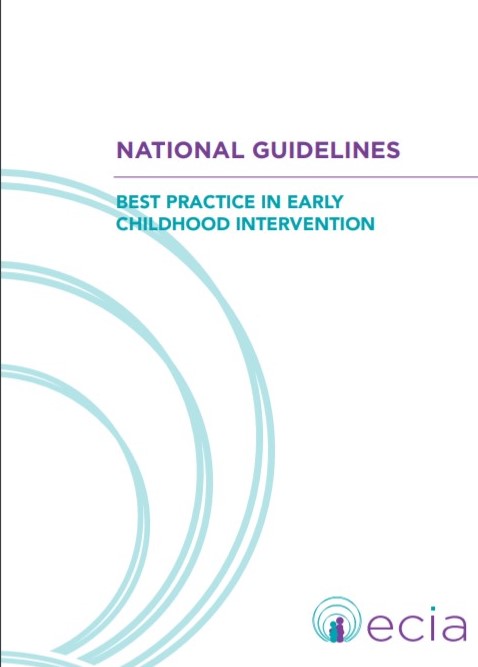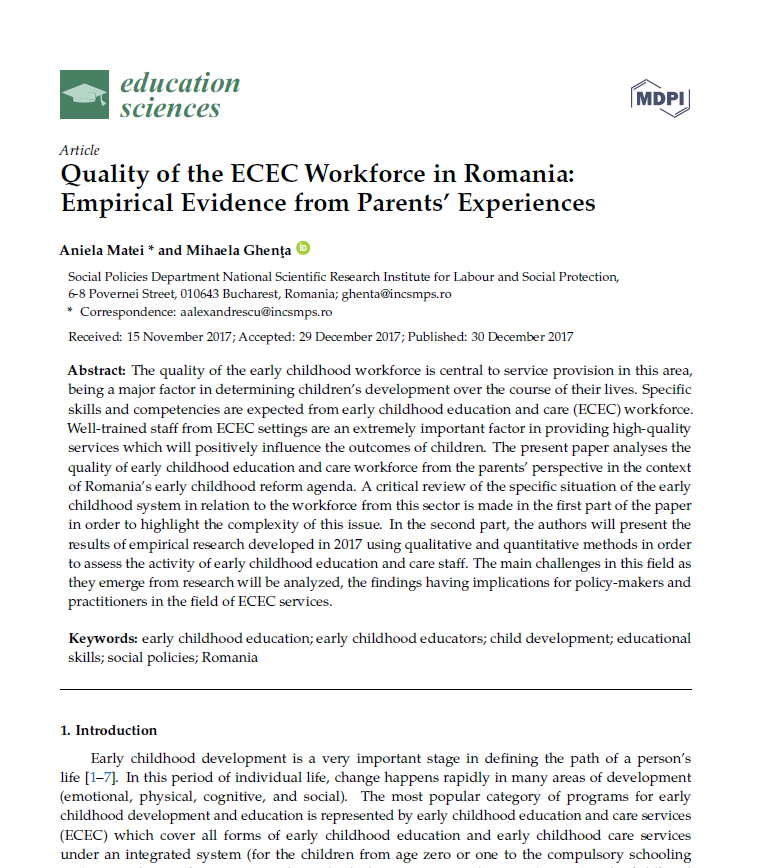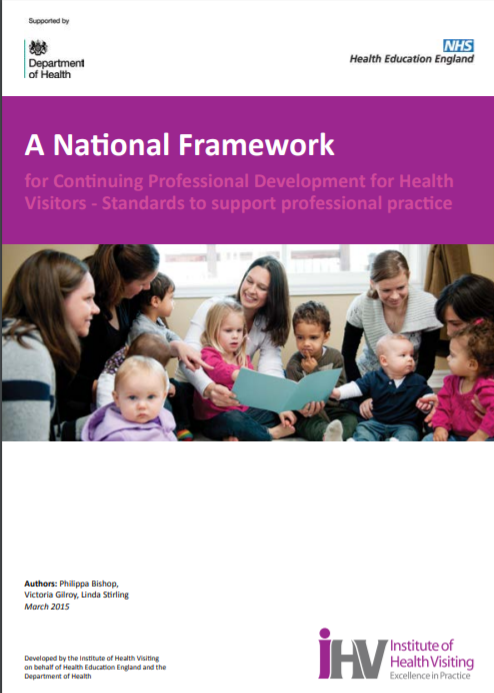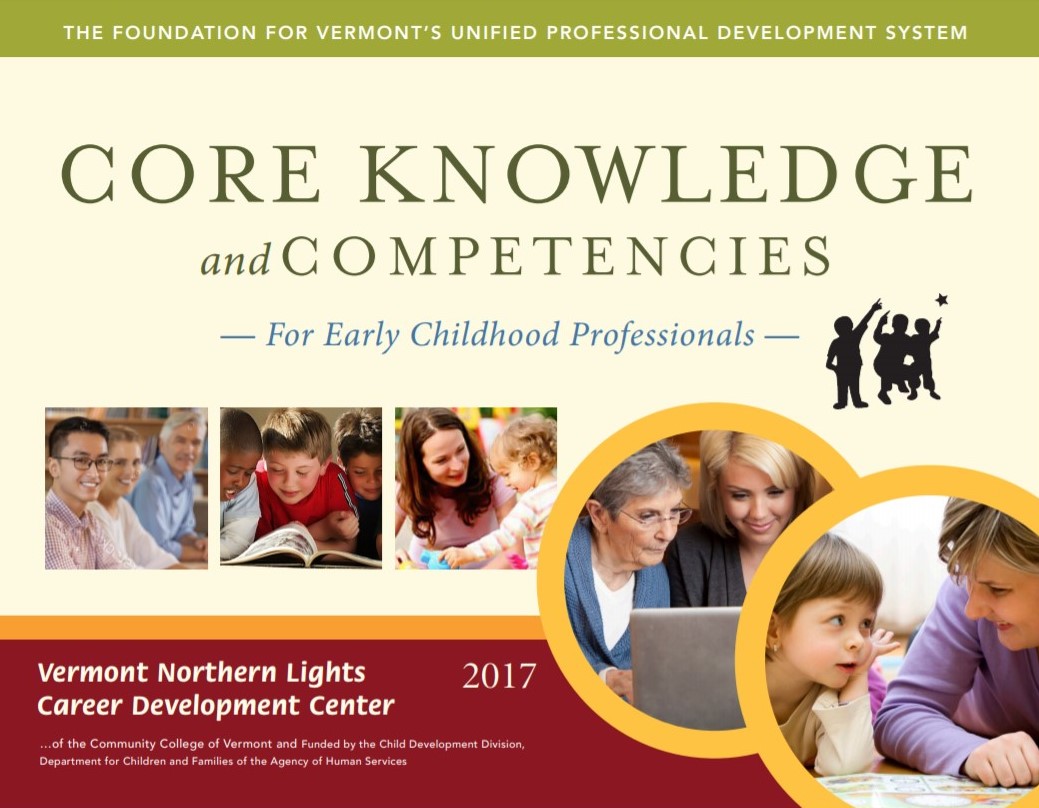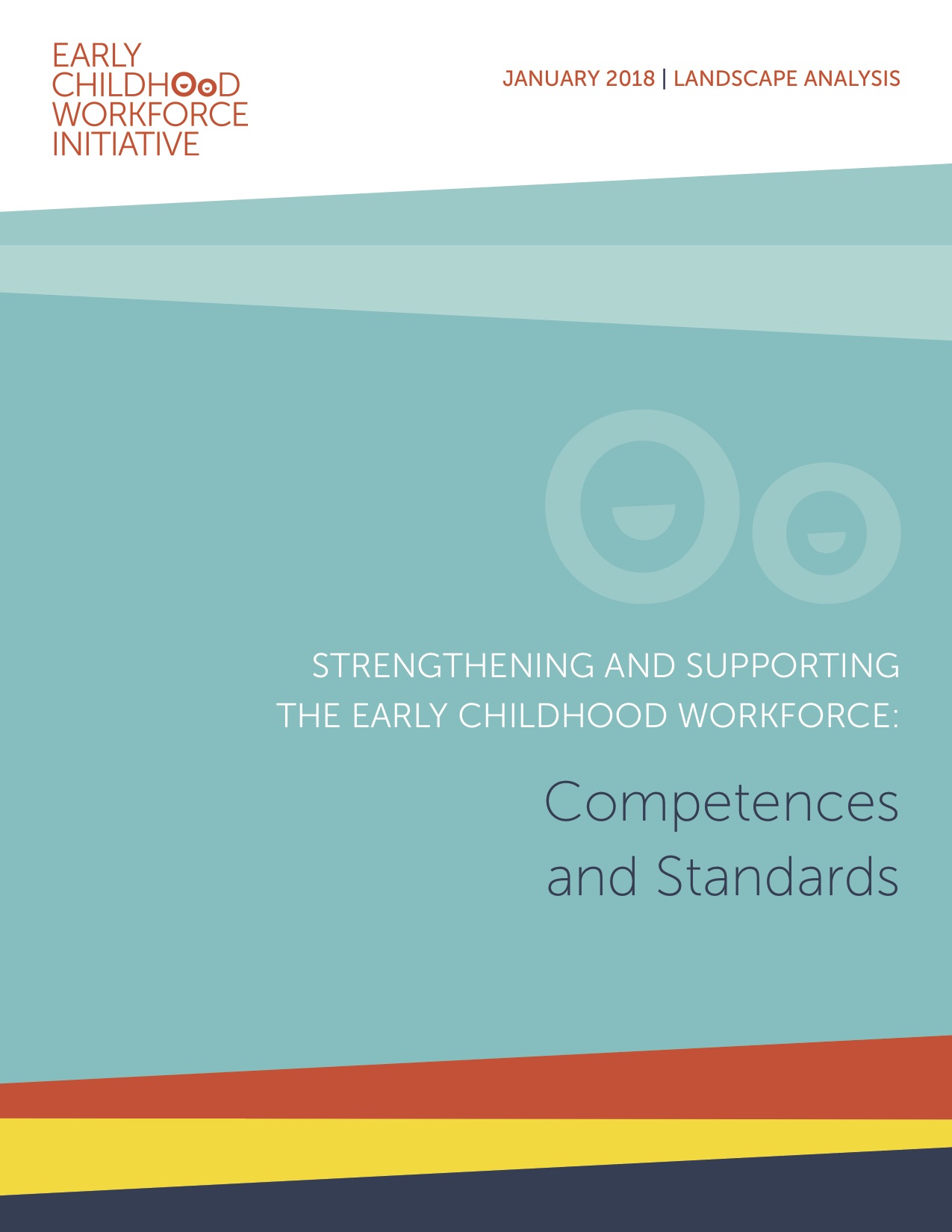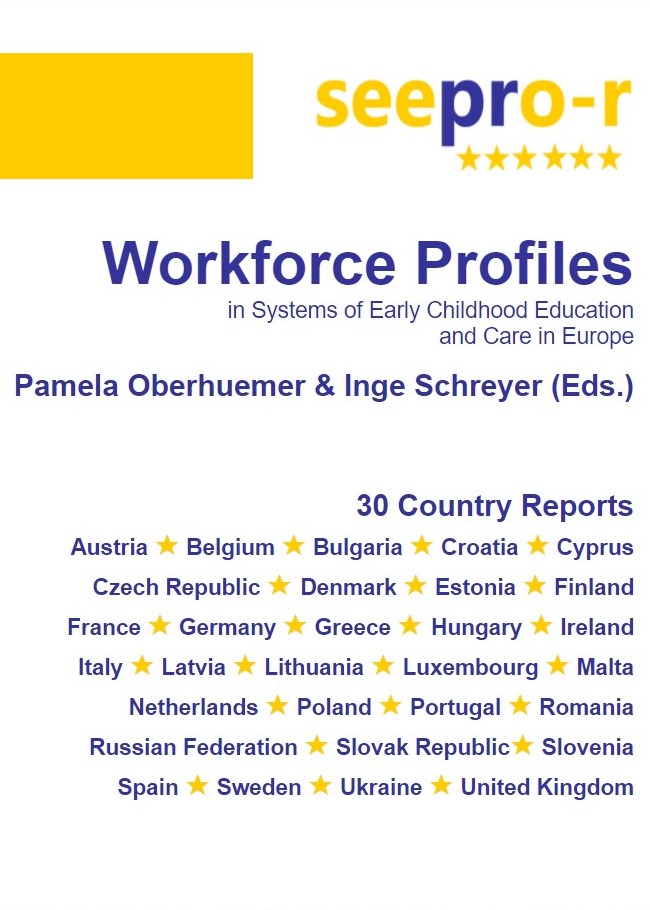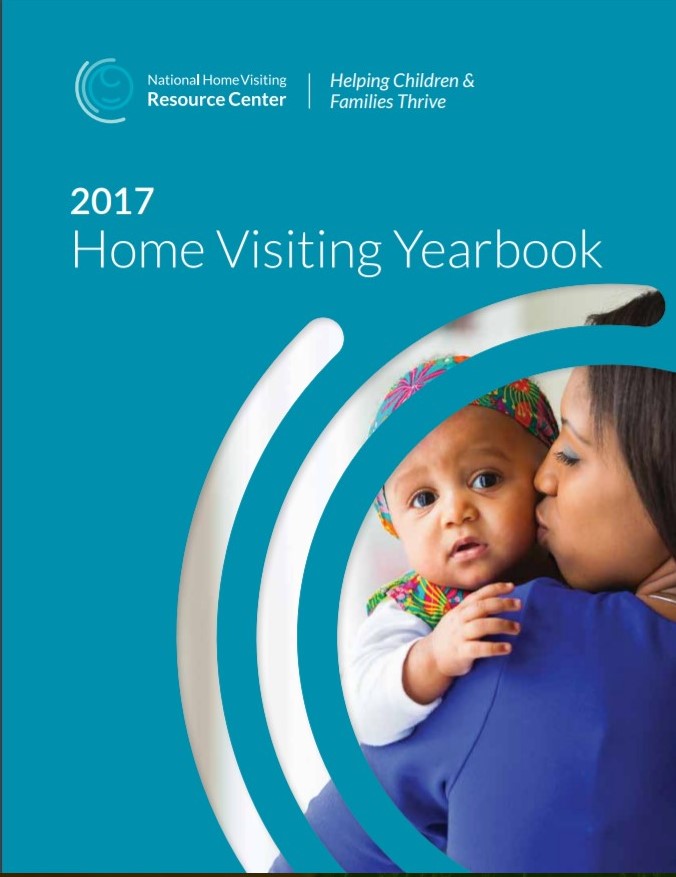Stepping up for Early Childhood Education - Transforming the Early Ed Workforce; Transitions to Kindergarten; Fully Funding State Pre-K; Illinois’s Young Dual Language Learners
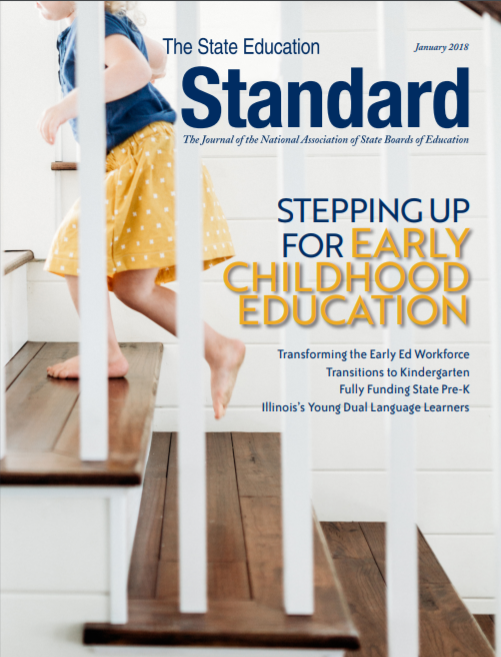
This online magazine, from the Journal of the National Association of State Boards, shares the following articles:
Looking Back, Looking Forward: Tracing the Arc of Early Childhood Policy
A 30-year-old NASBE task force on early education still holds water, even as the context and concerns of the field have shifted. Lori Connors-
Tadros and Madelyn Gardner
Transforming the Early Care and Education Workforce
It’s time to improve care for the youngest learners by improving preparation and support for those who teach them. Sara Vecchiotti
States Pave the Way for Smoother Transitions to Kindergarten
Four states back statewide initiatives to make sure children are ready for kindergarten. Aaron Loewenberg
Fully Funding Pre-K through K-12 Funding Formulas
While just 11 states have tried it, inclusion of state-funded pre-K in the school funding formula may well be the best option for extending access to
more children. W. Steven Barnett and Richard Kasmin
Serving Young Dual Language Learners in Illinois
Illinois puts the accent on interagency collaboration to achieve linguistically and culturally appropriate instruction. Luisiana Meléndez and Patricia Chamberlain
Leveraging Early Childhood Data for Better Decision Making
Most states now have the tools they need to make good decisions for early learners. Now they need to learn how to use them. Philip Sirinides and Missy Coffey
www.nasbe.org


